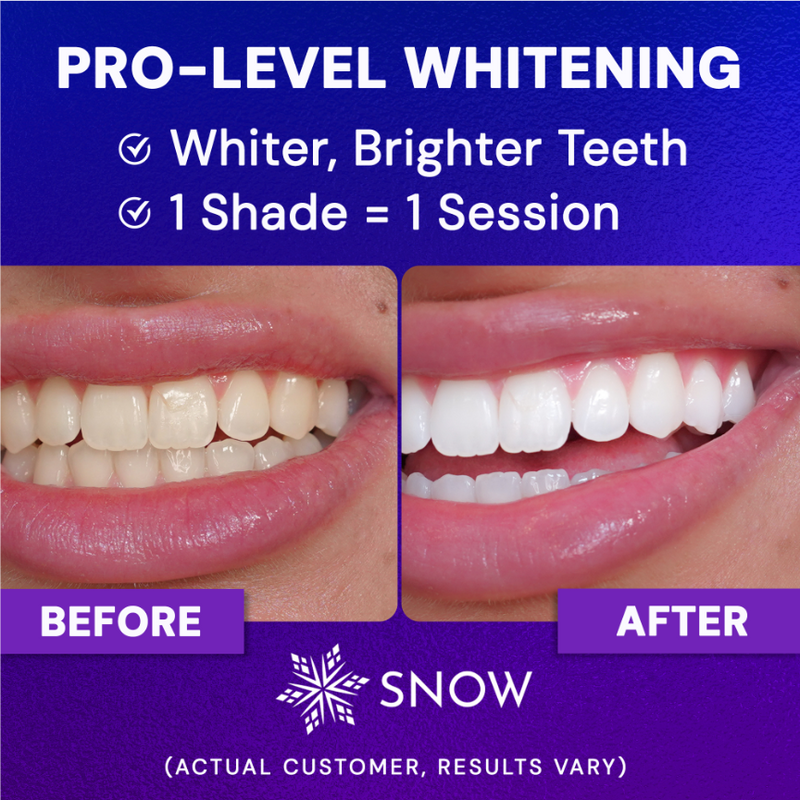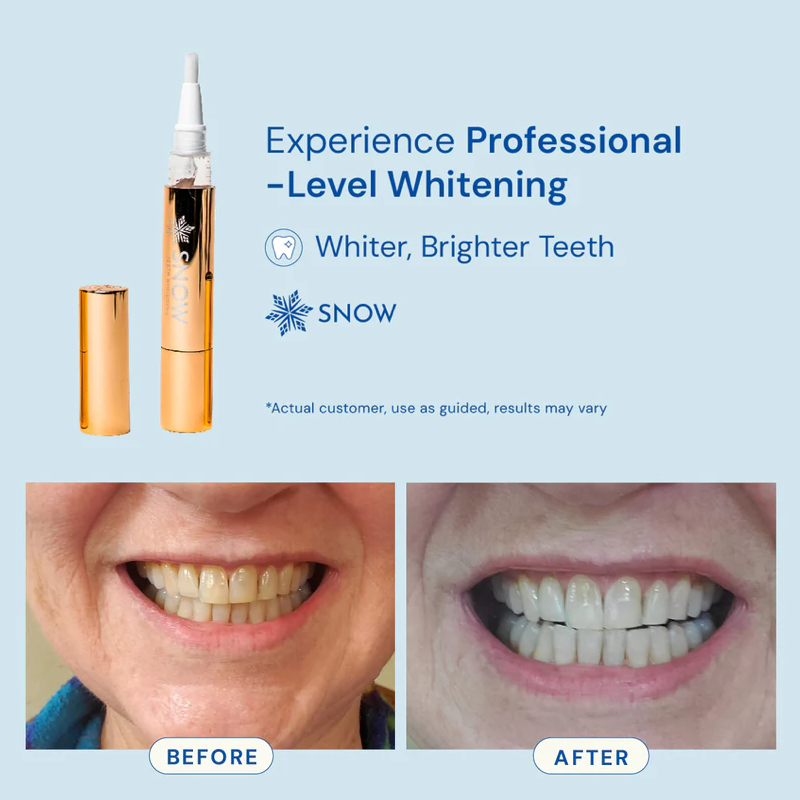Having a tooth extraction on your treatment plan can make you extremely nervous! “Doc, can you just knock me out for the procedure?”
Having a tooth taken out is not something we are all used to so it can feel very intimidating.
However, the number one question I get after I complete a tooth extraction is “When can I eat solid food after tooth extraction?”
I'll answer this question a little later in the post. But first, let's talk about the procedure and what is involved.

Tooth Extraction 101
Sedation
Most dental offices do not offer the option to “put you to sleep” for the extraction procedure. Instead, they may have an oral sedative that you will take to make you feel sleepy and slightly out of it.
Or, they may provide Nitrous Oxide, aka laughing gas.
Typically, oral surgery offices offer general sedation where you are put to sleep, the extractions are completed, and you wake up, without any memory of the procedure.
Anxiety
This is a great option for really anxious kids or adults. Also, for complicated extractions, general sedation might be a better option because when you are awake, you are tense during the extraction.
If you are tense, that means your muscles are tight, and that translates to limited opening. When you are asleep, the doctor can open your mouth wider so he/she can get their instruments back there to complete the extraction.
Extraction
Now let’s take a step back and talk about why a tooth may need to be extracted.
Let’s say the tooth is fractured, and it can no longer be fixed, or there is too much tooth decay and not enough healthy tooth structure remaining.
Tooth Extraction as a Last Resort
An extraction is the last resort for a tooth because once it is out, there is no putting it back. Well, for now, there isn’t, but in the near future, tooth transplantation might gain some more popularity. Maybe more on that in another post.
So basically, a tooth is extracted if it is not able to be restored or “fixed”. Sometimes, an infected tooth can be treated by a root canal, but the patient is not able to afford it, or they do not believe in root canals, so they choose to have the tooth extracted.
Or, someone might have gum disease and have lost the bone and gums anchoring in the tooth. So the tooth needs to be removed, as there is nothing that can replace the bone and gum loss from gum disease.
Procedure Day
On the day of your extraction, make sure you eat something before coming in because you may not be able to eat solid food for a few days.
The dentist will come in and talk to you about the procedure and get consent to remove your property, aka your tooth. Once all of that is done, they will get the numbing started.
This consent form lists the possible complications and risks of the extraction procedure. More on that later on.
Typically, numbing may last for 4 hours after the appointment, and this can make eating challenging. You can bite yourself and not know it until the numbing thaws out.
After you have voluntarily consented to the procedure, the dentist will begin the procedure and remove your tooth or teeth.

Post Operative Instructions
After the tooth or teeth have been removed, the dentist will go over some information with you on how to keep the area happy and healthy.
They will verbally give you information and also may provide you with a printout that you can take home with you.
Post-Op Tips:
Here are some of the instructions you might find in the post-operative instructions.
- Avoid sucking motion, spitting, or drinking through a straw
- Avoid solid food
- Stick to a soft foods diet
- Avoid hot foods
- Avoid consuming alcohol
- Consume liquid food
Blood Clots
Many of these post-operative instructions are geared towards preserving the blood clot in the extraction site. The socket (hole in the bone where the tooth was removed) fills up with blood and the blood clot forms. This helps protect the bone and the nerve within it.
It also helps to bridge the gum tissue so that the hole can close. However, there are many things that play a huge role in the healing process.
Underlining Health Conditions
If you are a diabetic or have other health-related issues, you may experience delayed healing. Your dentist will explain this to you and give you specific instructions on how to ensure you heal properly.

When Can I Eat Solid Food?
When you get your wisdom teeth removed, the surgery typically involves placing stitches because the wisdom teeth are the furthest teeth in the mouth. This means they can get packed with food.
Food plays a huge role in the healing process. For one, we need to eat to heal!
Food can dislodge the blood clot. We see this a lot in wisdom tooth extraction sites because they are closest to the back of the mouth. This can lead to a dry socket which is exactly what it sounds like.
The socket is dry because there is no blood clot and it can be very painful, sometimes radiating to the opposite side of the mouth.
Ensuring the blood clot stays in place will determine when you can eat solid foods again.
After an extraction, you need to baby the extraction site to promote normal routine healing.
Eat Soft Foods
Eat soft foods like mashed potatoes, scrambled eggs, oatmeal, and other soft foods in the same fashion for at least the first week after getting your teeth extracted.
Typically after the first two weeks, you can start eating solid food again.
You Know Your Body Best
The recovery time after teeth extractions or teeth removal is really dependent on your overall health and your healing capabilities.
Wisdom teeth removal takes a few extra days for healing because typically these are surgical and require the dentist to remove some bone.
For the first few hours after teeth removal, you want to take it easy and avoid activities that will increase your blood pressure such as running or lifting weights. This will cause blood to pump stronger in your arteries. That means more blood will rush to the open wound in your mouth. This makes it difficult for a blood clot to form and will require you to bite down on the gauze for a longer period of time.
Wait at least four weeks until the extraction sight is fully healed before you can resume eating regularly.
Contact your dentist
For the first few days, the extraction sight is really vulnerable, and it is important to follow the post-operative instructions provided to you by your dentist. Dentists recommend you contact them if there are any complications, extreme discomfort, and/or possible infection as this may delay the healing.
When contacting your provider, it is important to do so via a secure email network as there are HIPAA guidelines that need to be followed. Your patient information is private information that should not be visible to outside parties. HIPAA violations are serious, as they should be. Any unsecured method of communication is a risk. Ask your dentist how you can contact them should there be any issues after the surgery.
Summary
Patients can typically start eating solid foods about two weeks after extractions, depending on the area where the extraction was completed and the type of extraction. Simple extractions require no bone removal but surgical extractions require sectioning the tooth and/or bone removal which can mean longer healing times.
Avoid solid foods for the first two weeks and stick to liquids or a soft food diet. Keeping the blood clot in place is extremely important, and this can be accomplished in the first two weeks.
If you have pain after an extraction, it is normal because your body just experienced surgery.
While following a soft food diet is crucial for healing, understanding your pain levels can help guide your recovery timeline.
Most patients experience their most intense discomfort within the first 24-48 hours after extraction, which coincides with when you should be most careful about food choices.
Learning about managing post-extraction pain effectively can help you determine when you're ready to gradually reintroduce firmer foods.
Proper pain management also ensures you're comfortable enough to maintain adequate nutrition during the critical healing period.
However, if the pain is excruciating and you cannot control it with over-the-counter pain medication such as Ibuprofen or Tylenol, contact your dentist.
Make sure you contact your dentist directly and avoid sharing any personal or private information with anyone other than your dentist or dental staff.
Lastly, visit your dentist for routine dental exams and learn how you can take control of your oral health. We want to try and avoid extractions as your natural teeth are the best thing for your mouth. Dental implants come close, but they are costly. All you have to do is brush and floss the teeth you want to keep and see your dentist for your annual exams. You got this!
Floss, rinse, brush, repeat!
- Dr. James Younan, DDS
(AKA Dr. Gibbz, Public Health Dentist)
Disclaimer: This article is for educational purposes only and there is no doctor/patient relationship being established by reading this article. Always consult with your dentist or primary care provider. This article is not intended to offer medical or dental advice to anyone, it is not intended to diagnose any medical or dental conditions that you may have. There are no warranties and/or guarantees being made with the information being presented in this article.





































































